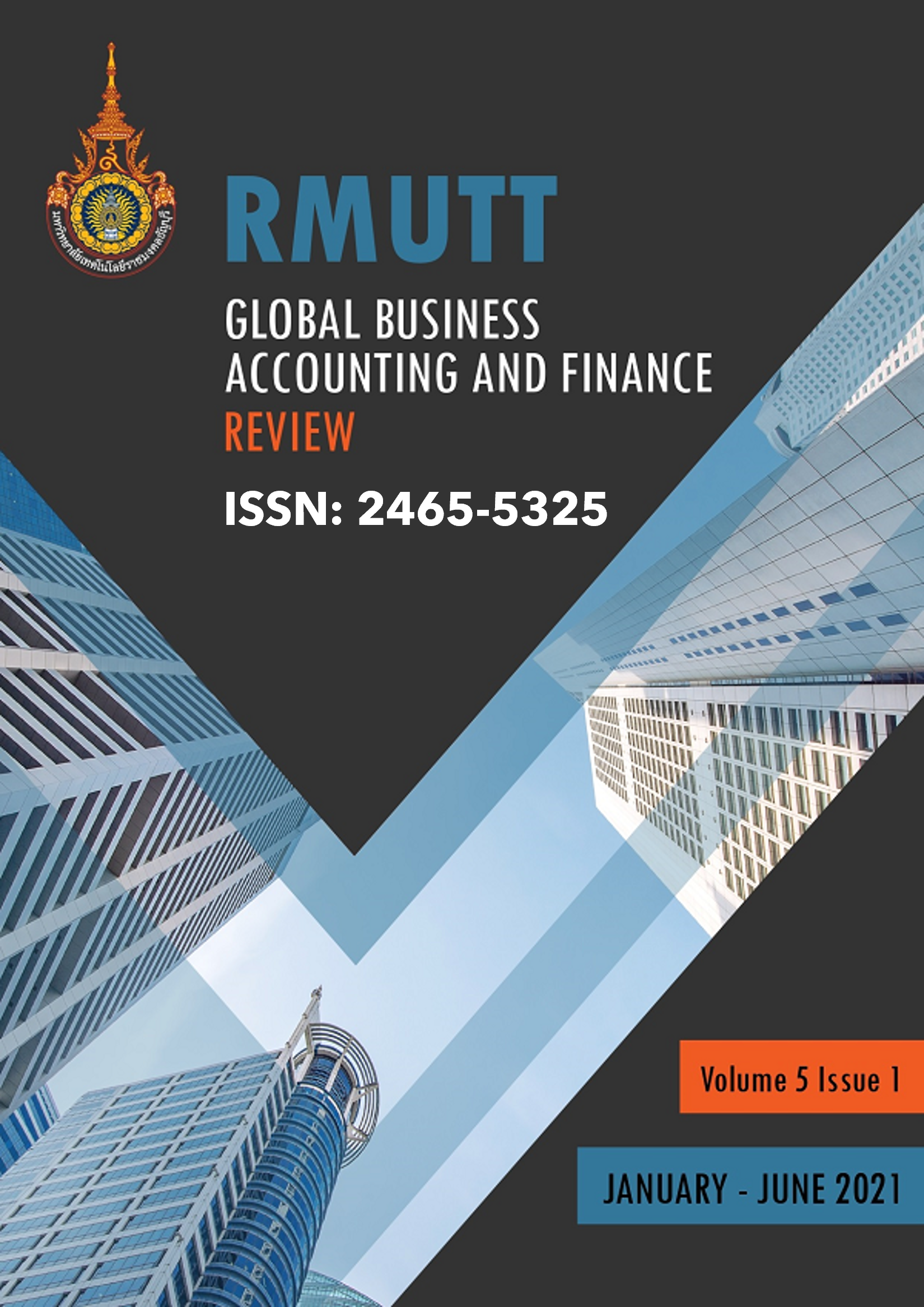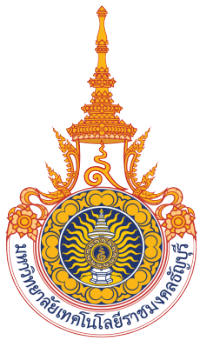OPTIMIZING EFFICIENCY FACTORS IN MAINTENANCE OPERATIONS OF EMPLOYEES OF ENERGY ABSOLUTE PUBLIC COMPANY LIMITED
Keywords:
Efficiency, Maintenance, Incentive ParticipationAbstract
The present study aims to: 1) examine the effect of demographic factors on optimizing efficiency of maintenance operations of Energy Absolute Public Company Limited, 2) to investigate the relationship between motivational factors in maintenance operations, organizational commitment, and optimizing efficiency of maintenance operations of Energy Absolute Public Company Limited, and 3) to study the relationship between participation in maintenance operations and the optimizing efficiency factors of employees of Energy Absolute Public Company Limited. The participants were 127 maintenance staffs. The data was analyzed by a statistical program.
The findings revealed that demographic factors had effects on the optimizing efficiency factors of employees of Energy Absolute Public Company Limited. However, the age and income were found the effects on the optimizing efficiency factors of employees of Energy Absolute Public Company Limited at different levels. In addition, incentive factor in corporate engagement and employee optimization efficiency in maintenance operations were positively correlated in moderate level with the correlation coefficient (r) at 0.30 at significant level of 0.01. Meanwhile, employee participation and employee optimization efficiency in maintenance operations were positively correlated in high level with the correlation coefficient (r) at 0.68 at significant level of 0.01. Accordingly, the organization should provide opportunities for staff to effectively use their potentials. Future study indicates the interest in using other research approach and investigating other variables optimizing the benefits of the organization.
References
Boonpheng, K. (2009). Quality of working life and organizational commitment of Samut Sakhon Municipality employees. (Master of Business Administration Thesis, General Management Program, Thepsatri Rajabhat University).
Chulawat, P. (2015). Development of work with a quality system. And increase productivity. Retrieved from http://www.uttvc.ac.th/uttvc/wbi2553/first_page.php.
Cohen, J.M. & Uphoff, N. T. (1977). Rural development participation: Concept and measure for project design, implementation and evaluation: Rural development committee center for international studies. New York: Cornell University
Deemoramor, K. (2004). Maintenance management. For industrial applications Bangkok: M&D. Public Sector Development Commission, Office. The concept of public administration with participation. Retrieved from http://opdc.go.th/special.php?spc_id=2&content_id=156.2013.
Kast. F. E. & Rosenzweig, J. E. (1985). Organization and contingency approach (4th ed.). Singapore: McGraw – Hill.
Khumraksa, P. (2007). Employee participation in the implementation of all-inclusive maintenance activities. (Master of Business Administration Thesis General management, Phetchaburi Rajabhat University).
Laksana, S. (1999). Organizational Behavior. Bangkok: Suan Sunandha Rajabhat Institute Book Center.
Phoonthong, S. (1997). Factors affecting the performance of the Vinyathikarn work on the monks who practice disciplinary action. (Study only in the case of Phra Nakhon District, Graduate School of Krirk).
Steers, R. M. & Porter, L. W. (1983). Motivation and Work Behavior (3rd ed.). New York: McGraw - Hill.
Suksanong, N. (2009). Factors affecting performance of employees of Kehin Autoparts (Thailand) Co., Ltd. Factory No. 1. Independent research. (Master of Business Administration. Business Administration, Phranakhon Si Ayutthaya Rajabhat University).
Thareesarn, J. (2008). Participation in promoting activities for employee safety at work Kasalong Ceramics Co., Ltd. (Independent research, Master of Public Health, Department of Health Sciences, Sukhothai Thammathirat University).
Thongchai Santiwong. (1997). Behavior of individuals in the organization (5th edition). Bangkok: Thai Wattana Panich.
Yamane. (1970). Statistic and introductory analysis. Tokyo: John Weather Hill.









